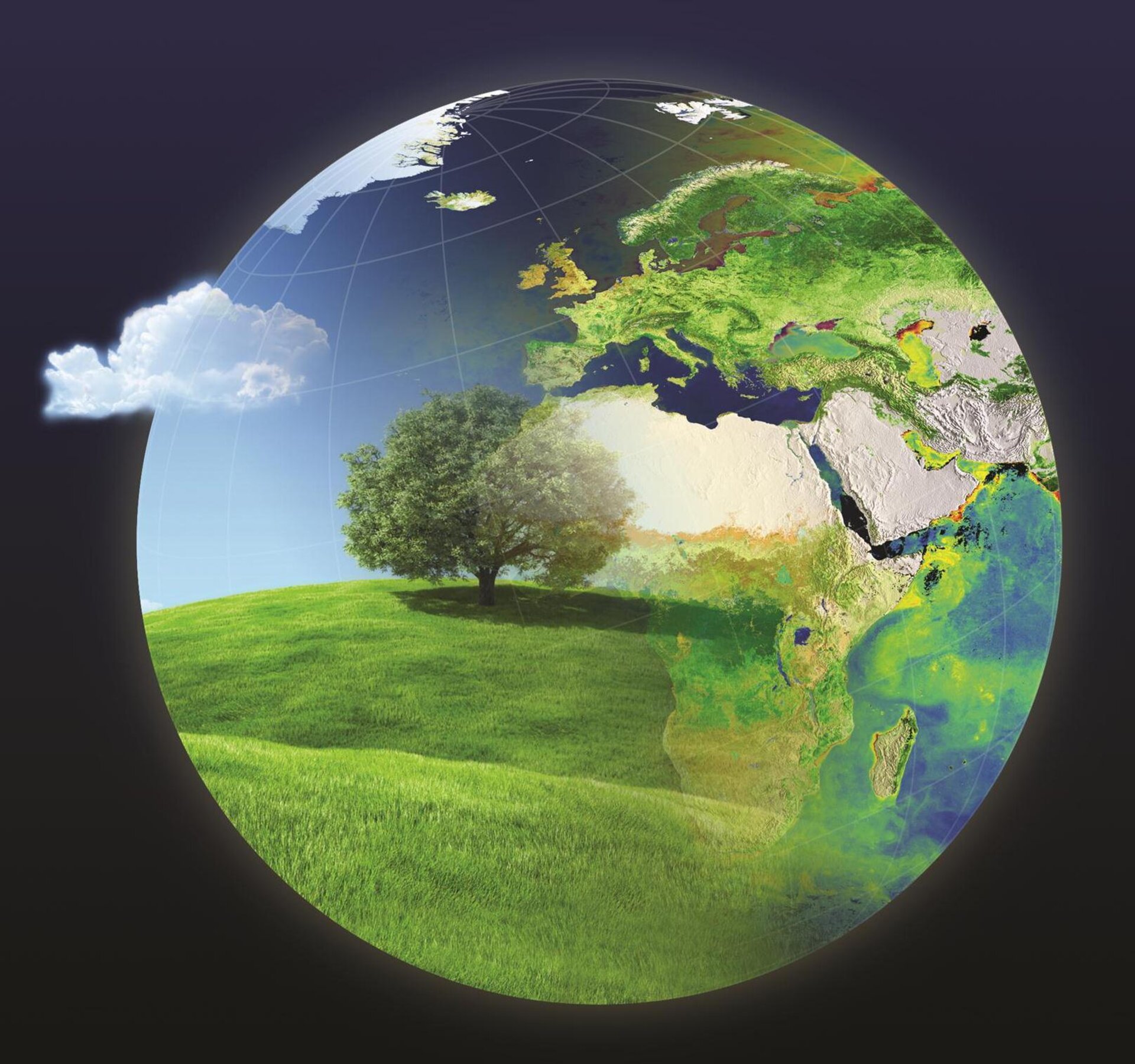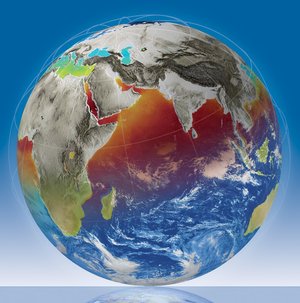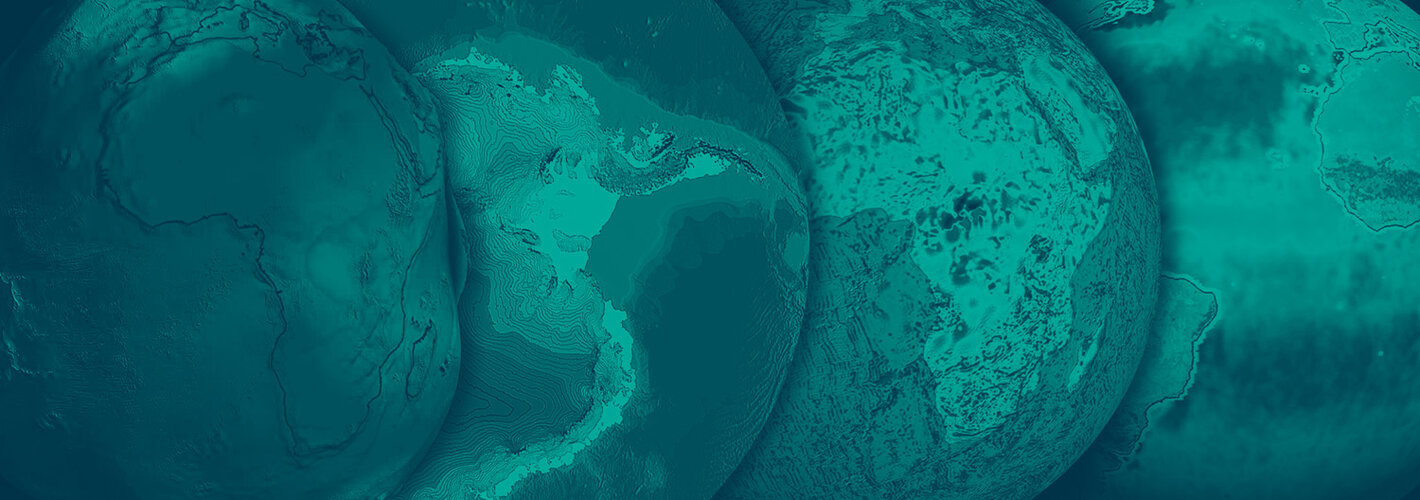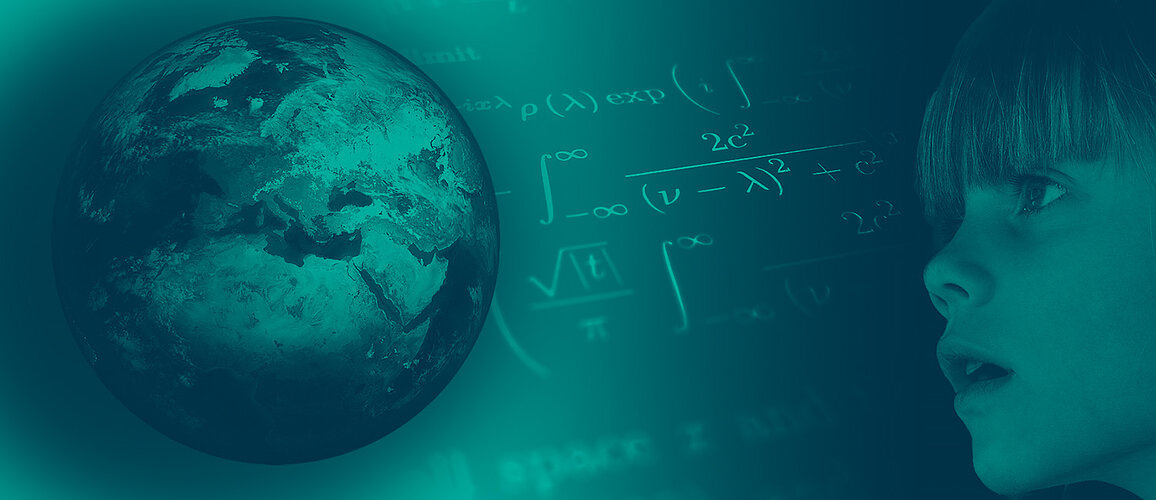Save the date: selection of ESA’s seventh Earth Explorer
Next spring will mark a significant milestone in the Earth observation calendar. The decision will be taken as to which of the three concepts competing to be the next Earth Explorer satellite mission will be developed and built.
Prior to this important decision, scientists and data users will be able to discuss the merits of each of the three candidates and express their views at a consultation meeting, which ESA is planning to hold on 5–6 March in Graz, Austria.
Details on how to register for the Earth Explorer User Consultation Meeting will be announced on the ESA website after confirmation of funding at ESA’s Ministerial Council Meeting in November.
The choice is between: Biomass, which aims to observe forest biomass for a better understanding of the carbon cycle; CoReH2O, which aims to observe snow and ice for a better understanding of the water cycle, and PREMIER, which aims to observe atmospheric composition for a better understanding of chemistry–climate interactions.
Harnessing Europe’s technological excellence, ESA’s Earth Explorer missions are designed to exploit new ways of observing Earth from space to improve our understanding of how our planet works as a system, as well as a better appreciation of the impact human activity is having on the natural world.
Earth Explorers are defined, developed and operated in close cooperation with the scientific community so that pressing Earth-science questions are addressed as effectively as possible.
The meeting is, therefore, integral to the user-driven approach for developing these state-of-the-art satellite missions.
Following in the footsteps of GOCE, SMOS and CryoSat, which have been orbiting Earth for several years now, and the upcoming Swarm, ADM-Aeolus and EarthCARE missions, the three concepts under consideration have been going through rigorous feasibility studies to come to this point.
In preparation for this selection, a series of reports was published earlier this year presenting the scientific and technical ambition of each mission.
As the assessment period now draws to a close, the goal is to agree which shall be ESA’s seventh Earth Explorer.
Following the meeting, the Earth Science Advisory Committee will provide their recommendations before ESA ultimately makes the decision.








